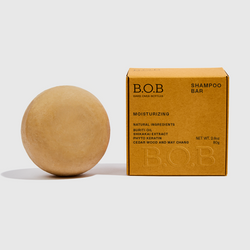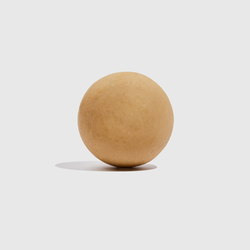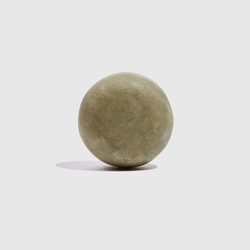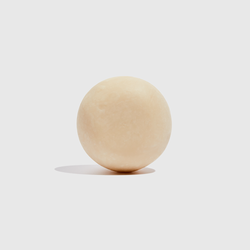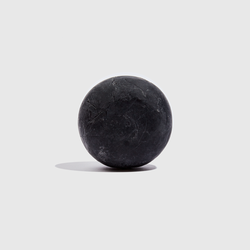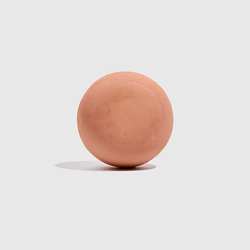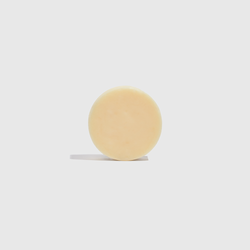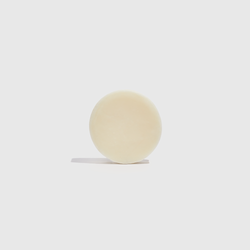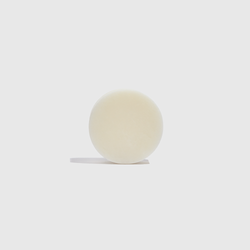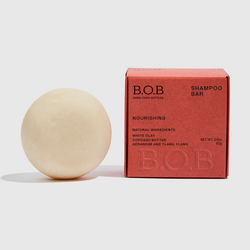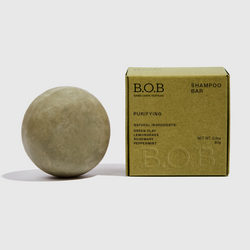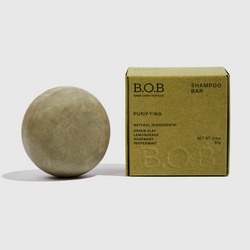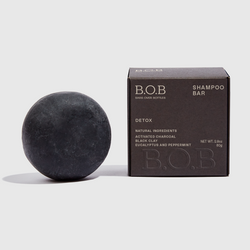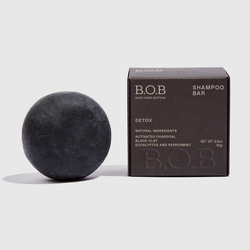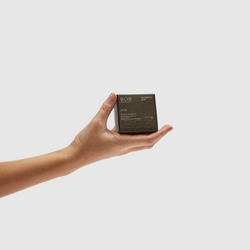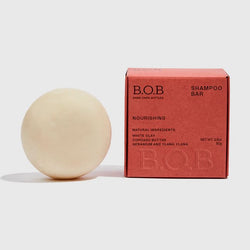Waterless Beauty: the Movement Revolutionizing the Cosmetics Industry
Index
Let’s have a talk about Waterless Beauty. If you haven’t heard of the movement and what it’s about - this is the post for you! I’m here to explain what Waterless Beauty is, and why it’s one of the simplest ways to save water in your daily routine.
Water is vital to our survival. Unfortunately, many countries around the world are on the verge of water rationing. This upsetting scenario only confirms how the conscious use of water is no longer a matter of choice, but a matter of urgency.
Whether you are washing dishes, brushing your teeth, taking a shower, washing the car, or even going about your skincare routine, it’s important to think about ways to save water.
For this reason, the Waterless Beauty movement is gaining strength in the global beauty scene. The idea is to find alternatives that involve less water use, either in the production of cosmetics or in the way they’re used.
This blog will explain what Waterless Beauty is, and how joining this movement can be easier – and more beneficial – than you think!
WHAT IS WATERLESS BEAUTY?
Waterless Beauty is an expression that says it all: The idea is to find ways to save water by creating haircare and skincare products that are formulated with less or no water.
In this sense, several products in the beauty industry have presented alternative solutions to save water:
Some brands invest in fast-rinse conditioners.
Others replace the water in their formulas with vegetable oils.
There are even hair removal devices that use aloe vera!

Another very effective solution for saving water is to create more concentrated formulas. This could mean using less water to dilute the ingredients, or completely transforming formerly liquid products into solids or powders.
Shampoo? Solid!
Conditioner? Also solid, of course.
Hair mask? In a bar.
Do you get the gist? Basically, if a cosmetic can be produced, packaged, and made using less water, then why not do it?
In addition, many industrial factories are also optimizing their production processes to reduce water use or make the most of this precious natural resource.
THE PROBLEM WITH WATER-BASED COSMETICS

Speaking of factories, for a long time the cosmetics industry was almost entirely based on the use of water - either as a crucial component in formulas, or as a necessary resource for production or product use.
In fact, this is still the case today, but this reality is slowly changing.
As awareness regarding the rational use of water increases in all walks of life, more sustainable and conscious alternatives are also starting to emerge in the beauty industry.
For example, more than 80% of a bottle of liquid shampoo is water. Doesn’t that seem a bit excessive? You are pretty much paying for a plastic bottle filled with water!
WHY WATER MATTERS
Why worry about water in your beauty products? Because water is running out, and human actions – such as burning, deforestation, and rising global temperatures – make this situation even worse.
Without water, our future doesn't have a very happy ending. Here are some facts to help you understand why saving water is important:
- Approximately 97.5% of all the water on our planet is saltwater. The 2.5% of fresh water is found at the poles, in glaciers, and underground in aquifers and wells. Only 0.3% of the world's water is in lakes, rivers, and other sources available to meet human needs.
- According to WHO, more than two billion people do not have access to drinking water in sufficient quantity for their basic needs.
- It is estimated that more than 80% of the world's diseases result from drinking contaminated water, killing 3.5 million people each year.

THE ENVIRONMENTAL DAMAGE OF COSMETICS
It's clear that the uncontrolled use of water in the beauty industry is yet another source of harm to the environment. But the negative impact is even greater than many people realize:
- Liquid cosmetics consume a lot of water in their production, packaging, and use. In waterless beauty products, much of this consumption is avoided.
- All this water in liquid products can be an attractive medium for the proliferation of bacteria and fungi. In solid versions, this risk is practically nonexistent.
-
To minimize this risk, liquid products usually contain aggressive chemical preservatives that aim to eliminate these microorganisms. These preservatives can harm the environment when going down drains, contaminating city water systems, and eventually polluting rivers and oceans.
- Liquid products require, by necessity, packaging such as containers and bottles which, for the most part, are made of plastic! And you already know how this story ends, right? For example, only 5% of plastic waste in the U.S is recycled. The rest ends up in nature, polluting ecosystems and killing animals.
RISKS FOR HAIR AND SKIN
Water-based cosmetics don't just harm the environment: They can even harm you. That's because all those aggressive chemical agents that are added to fight microorganisms are also harmful to your health!
It is not uncommon to develop allergies and, in some cases, even poisoning or a hormonal imbalance from the use of some skincare and haircare products. Their formulas may include petroleum-based active ingredients, aggressive sulfates, phthalates, parabens, and other components that harm your health.
Not surprisingly, the Waterless Beauty movement is closely related to another current trend: Clean Beauty. Clean Beauty promotes greater awareness about what the ingredients in our cosmetics are, where they come from, and how they affect us.
In this sense, Waterless Beauty is more natural. Since it doesn't need these aggressive agents, Waterless Beauty products usually have more gentle formulas, with natural ingredients.
This is the case with my waterless haircare and skincare products at B.O.B.

WATERLESS BEAUTY PRODUCTS BY B.O.B
B.O.B’s beauty bars are made from natural ingredients, which include plant extracts, essential oils, and other components of certified and sustainable origin.
My shampoo bars, conditioner bars, hair masks, and facial cleansing bars are all solid, and in total alignment with the Waterless Beauty movement.
This guarantees you and the environment receive all the possible benefits: My bars consume less water, are vegan, natural, cruelty-free, and of course, totally plastic-free!
But there are even more advantages to a B.O.B bar: Solid cosmetics are more concentrated, so get more product for your purchase, saving you money as well as water. Amazing, right?
With so many advantages like these, if you haven't tried my natural beauty bars yet, you’re missing out! And, if you HAVE already tried them, how about sharing your thoughts with me? I’d love to hear them!



